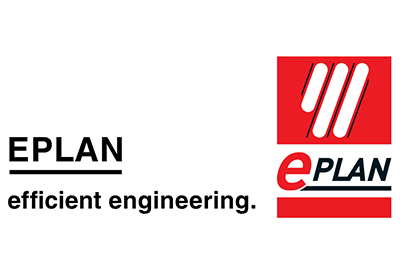EPLAN Canada Offers its Support to Seneca College’s New Centre for Innovation, Technology and Entrepreneurship

Oct 2, 2019
As Seneca College officially unveils its Centre for Innovation, Technology and Entrepreneurship (CITE), students enrolled in Electrical Engineering, Mechatronics and related programs will be among the first in North America to learn EPLAN software in a formally accredited system. Getting to learn the basics of EPLAN will help a new generation of electrical designers and engineers familiarize themselves with tools designed to benefit companies that have embraced automation and the Industry 4.0 Revolution. Students will be prepared to effectively take on new challenges within these workplaces straight from graduation.
Seneca College will offer training on the complete set of EPLAN’s engineering software solutions, including Electric P8 and Pro Panel. Students will learn to design complete schematics based on technical specifications, plan a bill of materials, build 2D schematics as well as 3D digital twin models of their designs, prepare panels for modification, organize labelling and wiring of their work – all from within the EPLAN Platform.
“EPLAN Canada is proud to assist Seneca College in its goals to remain at the forefronbeing of innovation and to offer the very best education for its students”, said Roland Younk, President EPLAN Canada.
The addition of this new course to the curriculum at its North York campus is also an important step taken by Seneca College to propel the college to the top of considerations for students looking to build a successful career in engineering and automation. Every year, Canada’s leader in post-secondary education lists around 30,000 full-time students and over 60,000 continuing education registrations.
Go HERE for more information

















